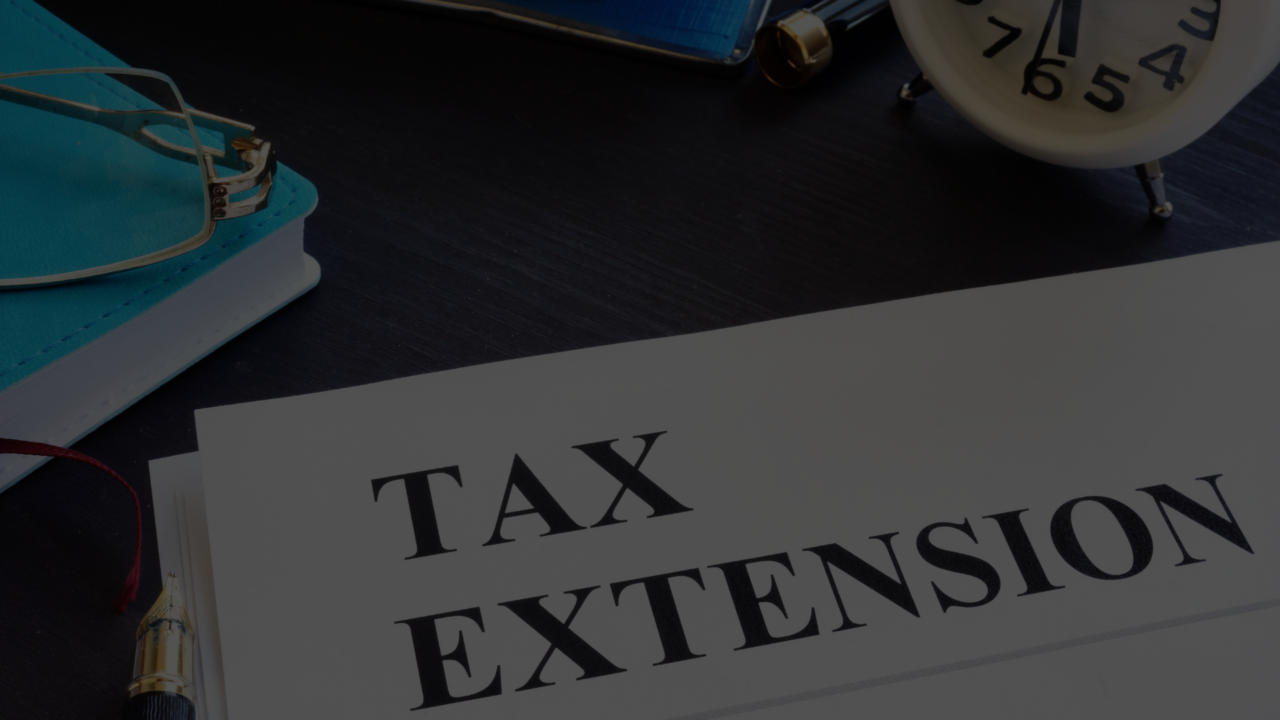Owning real estate is a business just like any other business in that you’re in it to profit. There are three tried-and-true ways to make money–cash flow from monthly rents, appreciation upon resale and tax benefits. Most people know about the first two, but not as many think about the third. The tax code changes from year to year, so consult with a certified public accountant (CPA).
Home Office
Your home office is one tax benefit. To take this deduction, you must dedicate a room in your home to the business, and you must actually use the space as your office. The Internal Revenue Service (IRS) will not allow you to write off the family room because you put a desk in one corner. Office furnishings don’t have to be fancy, but the office must be a designated room. You may also deduct a portion of the electric, heating and cooling bills.
Property Taxes and Mortgage Interest
Two of your big costs, property tax and the interest on your mortgage, are deductible. Each year, the bank holding your mortgage will issue a Form 1098 statement of interest paid. Your annual property tax statement will show what is owed and what was paid. You can deduct what you pay.
Depreciation, Improvements, Repairs and Maintenance
Some landlords take depreciation as a tax deduction and some do not. If you depreciate, you may have to pay more capital gains when you sell someday, but improvements (not repairs) that you’ve made and documented may offset the capital gains.
Repairs, such as fixing a front step or replacing a broken window pane, are deductible. Improvements, such as replacing all the old windows for newer ones, fall into a different category, but are also tax deductible.
Maintenance, such as lawn mowing and common-area cleaning, are also deductible.
Contractors and Professional Help
Money you pay people to help you is tax deductible, even though they are not employees. Deduct fees for lawn services, plumbers, lawyers and accountants. Get a written bill and save the canceled check.
Travel and Mileage
If you travel either long distance or locally, much of the expense is tax deductible. To deduct mileage, you must keep track of it. Mileage can add up to a big deduction, so keeping track is worth it. Some people dedicate one vehicle for business purposes and take all the accumulated mileage, but many use a family car and keep a notebook on the dashboard or elsewhere in which they note the number of miles they drove for business purposes. Either way works.
Maintain a Paper Trail
Establish and maintain a paper trail. Save all receipts and claim all your earnings. Aside from it being the right thing to do, you need them showing on a tax return as documented income so that you can buy a house for your family, buy a new car or buy more properties.
IRS Rules
IRS Publication 527 contains a wealth of information on tax deductions for landlords and how the deductions work. There, for example, you will learn the different ways to take deductions for repairs and improvements. You can print it out for free from the IRS website along with any other forms and publications you may need.




